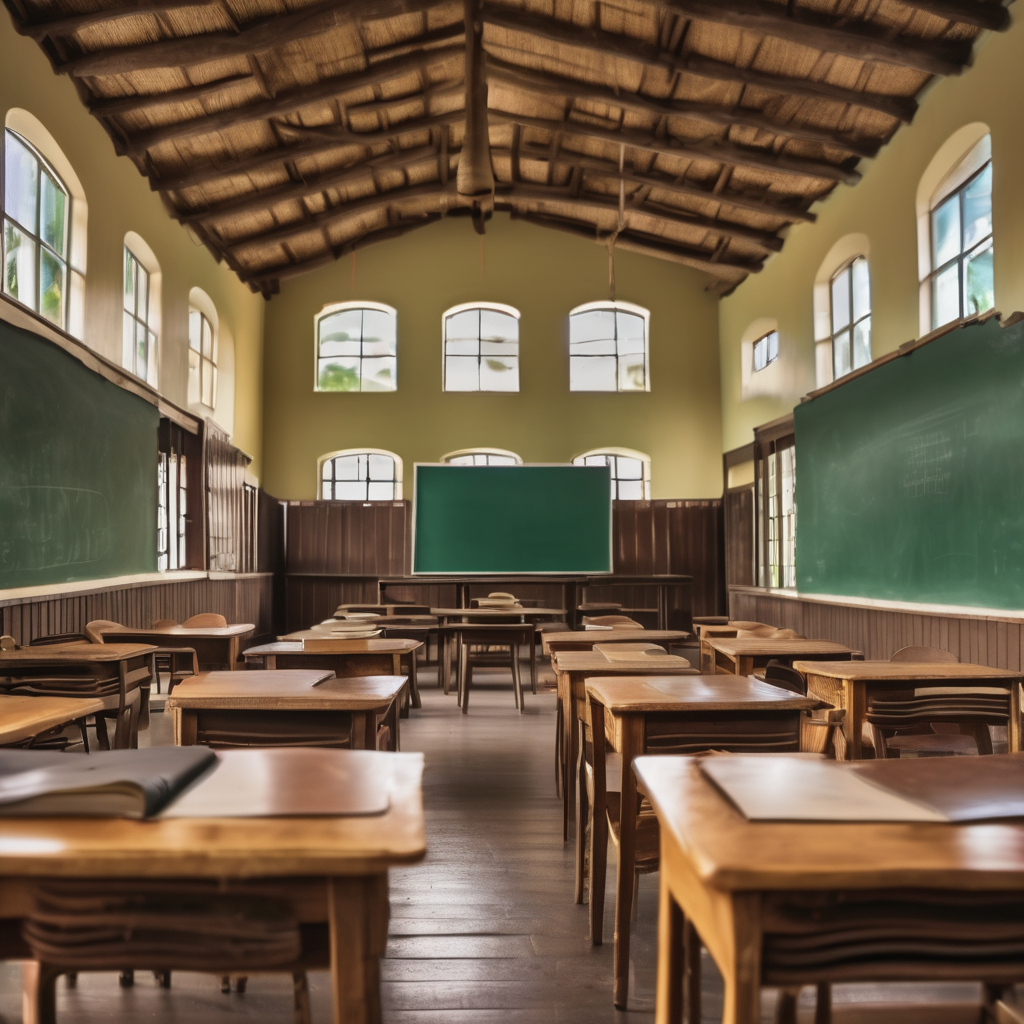The Ministry of Education in Fiji has taken a significant step to address the ongoing shortage of teachers in primary schools by deploying 600 secondary school teacher graduates to fill vacancies. Education Minister Aseri Radrodro explained that this initiative responds to a surplus of secondary graduates in specific subjects, aiming to alleviate the impact of over 580 unfilled positions.
This year, over 390 primary school teachers are expected to graduate from three educational institutions. In an effort to tackle the persistent issue, the ministry is also upskilling teachers through targeted training and professional development programs. Radrodro highlighted that training modules, delivered in collaboration with Fiji National University, focus on child-centered teaching strategies, literacy and numeracy education, and effective classroom management tailored for younger learners. Graduates from secondary schools transitioning into primary education are required to complete 80 units for a Graduate Certificate in Primary Education.
During a recent parliamentary session, Independent MP Rinesh Sharma raised concerns about whether the ministry would upgrade the salaries of these newly appointed teachers, questioning if sufficient financial resources were available for this purpose. Radrodro assured that salary payments will be made in the next payroll cycle and reiterated the ministry’s commitment to addressing teachers’ employment concerns promptly.
This proactive approach by the Ministry of Education reflects a broader strategy to enhance educational quality in Fiji by not only filling immediate vacancies but also focusing on critical areas such as Science, Technology, Engineering, and Mathematics (STEM). The ongoing efforts to recruit secondary teachers and provide adequate training emphasize a commitment to supporting teachers and ensuring high educational standards for students across the nation.
With these measures, there is hope that the educational landscape in Fiji will improve, offering all students access to qualified and dedicated educators. The collaborative initiatives aim to create a more robust education system that can thrive despite the challenges posed by the current teacher shortage.
